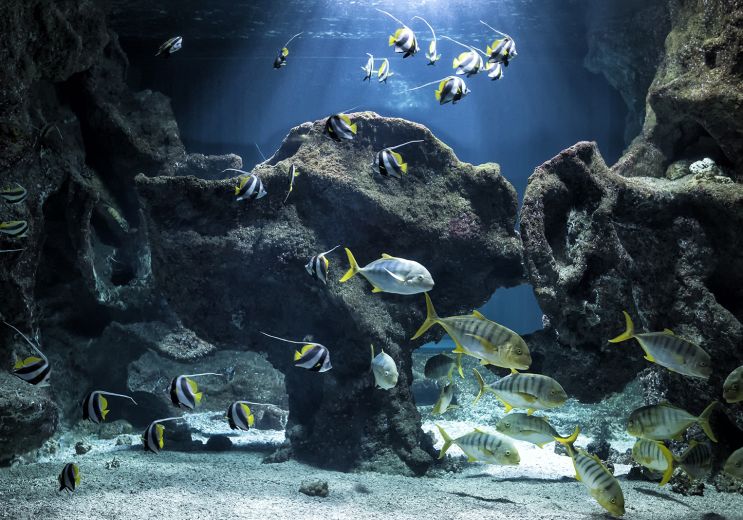A memorable evening at the Francofolies in La Rochelle
A memorable evening at the Francofolies in La Rochelle
La Rochelle
Culture and Heritage

At the foot of the city, it's a fun beach to watch the boats come and go. Supervised in summer, it also has a snack ...
La Rochelle

La Rochelle City Hall is an iconic building, considered the oldest French city hall still in operation. It is an ...
72 m - La Rochelle

A creative café in the heart of La Rochelle Located in the city center of La Rochelle, a stone's throw from the Old ...
119 m - La Rochelle

A Ta Santé: A Cozy and Friendly Tea Room Nestled in the heart of a cozy and friendly place, A Ta Santé invites you ...
131 m - La Rochelle


La Rochelle
17000 LA ROCHELLE
46° 9'37.18"N, 1° 9'4.1"W

La Rochelle
Culture and Heritage

La Rochelle
Family Time

La Rochelle
Food Lovers

La Rochelle
Weekend & Holidays

La Rochelle
Not to be missed

Rivedoux-Plage is the first town you come across when you arrive on the Île de Ré after crossing the famous bridge ...
8,9 km - Rivedoux-Plage

It gained notoriety with the first sea baths in 1870. With its retro charm, the city catches the eye with beautiful ...
11,2 km - Châtelaillon-Plage

Are you on the Isle of Ré and looking for a village where life is good all year round ? Head to ...
12,8 km - Sainte-Marie-de-Ré

Want to discover the island of Ré? Don't miss La Flotte where maritime history blends perfectly with the charm of a ...
13,6 km - La Flotte

The only real island of Charente Maritime, you can only go there by boat ! Time stands still in this 1.9 mile ...
16,7 km - Île-d'Aix